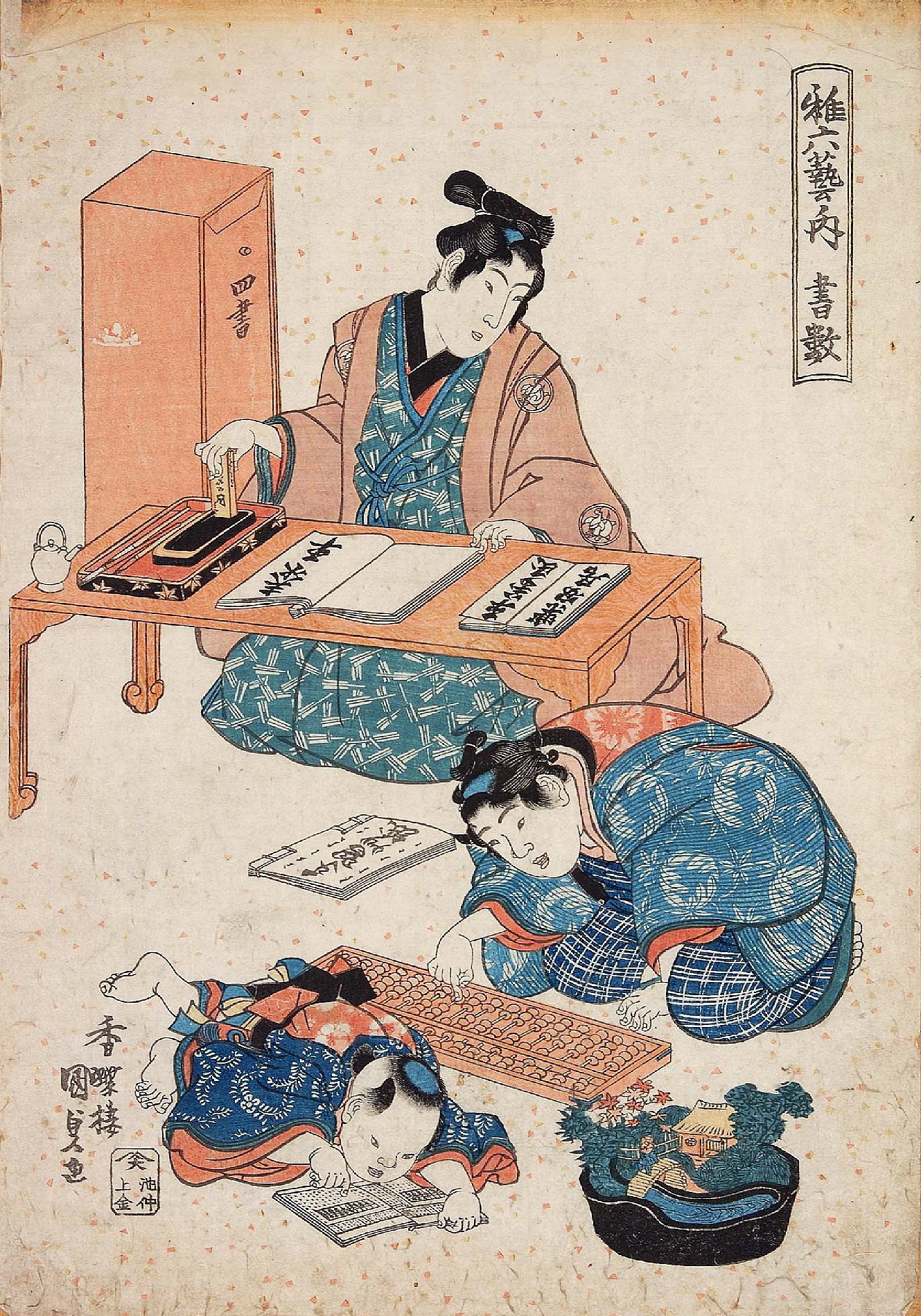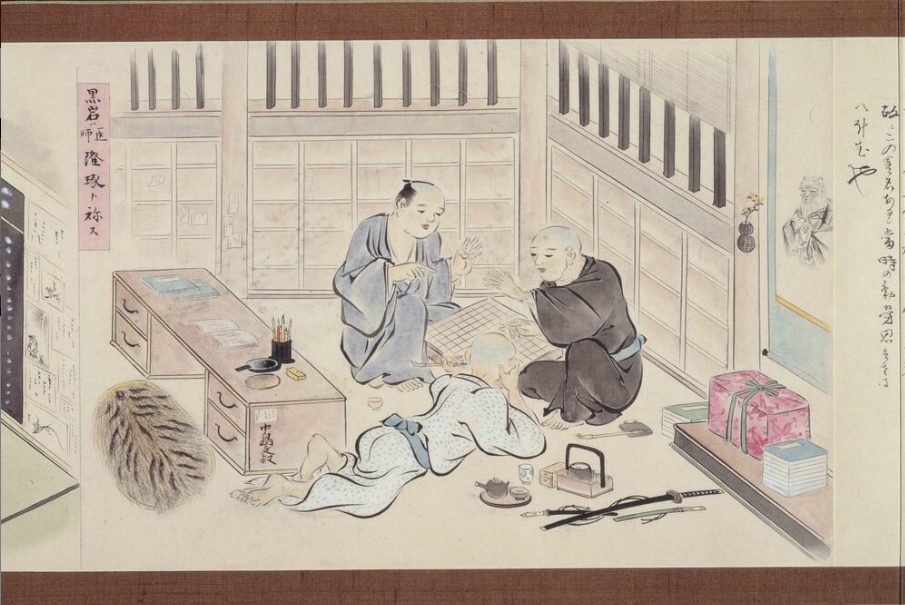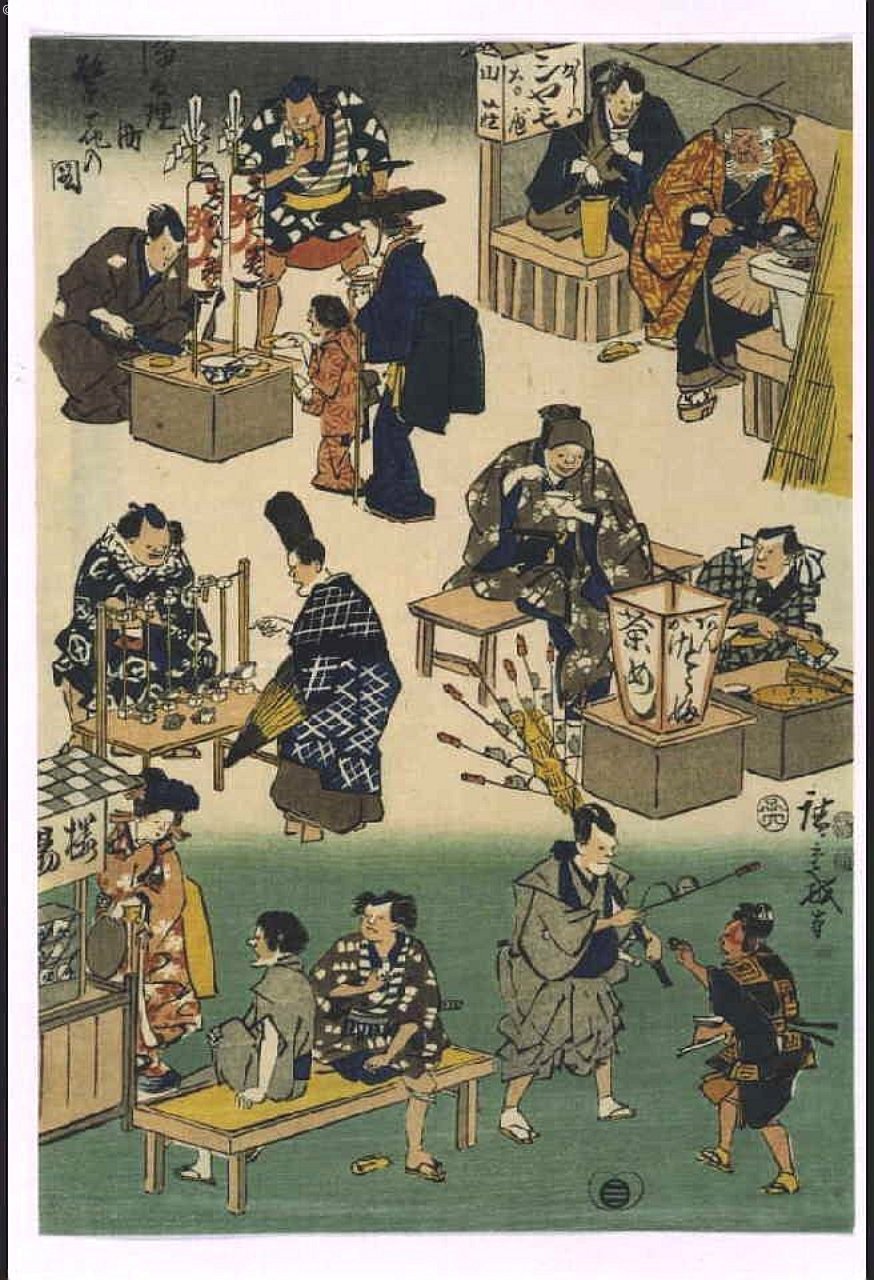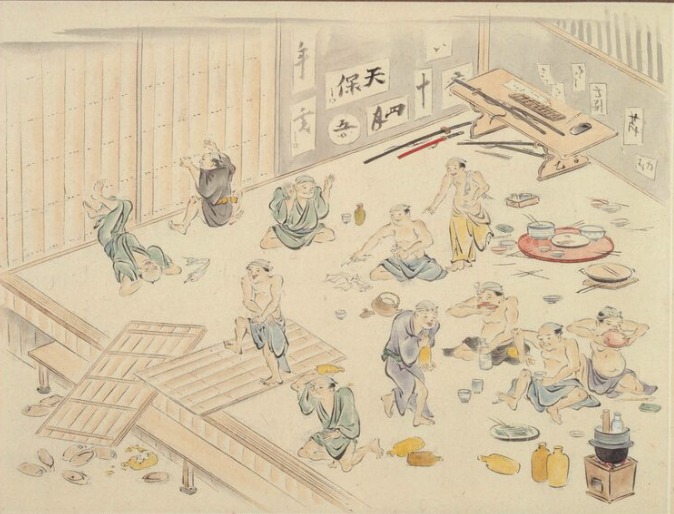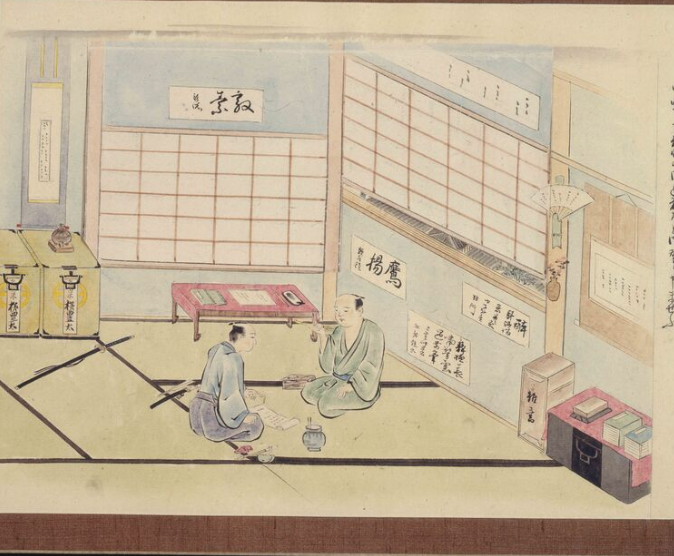
The Samurai’s Ledger: Balancing Honor and Debt
For many samurai during the Edo period (1600-1868), their most threatening enemies were not other warriors, but debt and taxes. How does one do battle with a bill? This team will create a resource-management game that casts the player as head of household of a low-ranking samurai family trying to get by in the changing economic realities of eighteenth-century Japan. The head of a household was responsible for ensuring the continuation of the family line, which involved juggling the financial, personal, and professional needs of all its members. They often had to do so while drawing on an annual stipend that hadn’t changed since their grandfather’s time. How would you balance a son’s desire to experience life in the big city against the realities of a poor harvest? Will you send your daughter to serve in a high-ranking household or try to marry her off to your neighbor? Can you even afford the dowry? If your pay never changes, and everything keeps getting more expensive, how are you going to pay your debts? This game will take inspiration from previous JapanLab games The Censor’s Desk and Death and Taxes to create an immersive experience that puts the success or failure of a family in the player’s hands.
Apply by Wednesday 9 April, using this short survey
The application process is competitive. Successful applicants will be asked to interview in late April.
No prior experience is required, but an ideal team will include students with a combination of:
Traditional or digital art (pixel art preferred)
Computer Science / coding experience
Japanese literature, culture, history, and/or language skills
Experience in background music and/or sound design
Strong creative and/or analytical writing skills
Students with any of the above are encouraged to apply.
Digital Humanities Intern Responsibilities
Familiarize yourself with the historical background
Take the lead on your portion of the game, and assist on others
Find historical artwork, develop original artwork, or a combination thereof
Write text and integrate it into the game
Design and code the game
Create an engaging user interface.
Participate in testing and refining the game created by the group.
Attend weekly meetings on TBD.
Digital Humanities Intern Learning Outcomes
Interdisciplinary research experience focused on Japanese history and culture
Gain familiarity working with and interpreting textual and visual sources for a public audience
Experience working as part of a team to complete a real, useable project
Coding experience
Parameters
Successful applicants will enroll in a COLA internship—or the equivalent for their own college—in digital humanities via registration for LA 320wb (3 hours of credit).
Interns will work 10 hours a week, including group meetings. Interns must be available to meet during one of the following times:
Image credits:
Toda Kumajiro, Kano Sosen, Picture Scroll of Terraced Houses for Kurume Domain’s Samurai Working in Edo, Edo-Tokyo Museum Collections https://www.edohakuarchives.jp/detail-2059.html.
Abacus Woodblock
Utagawa Kunisasa I, From the Six Necessary Subjects for Children, Calligraphy, and Abaccus, Tokyo Shiryo Collection 390-C2, Tokyo Metropolitan Library. https://www.library.metro.tokyo.lg.jp/portals/0/edo/tokyo_library/english/modal/index.html?d=537

